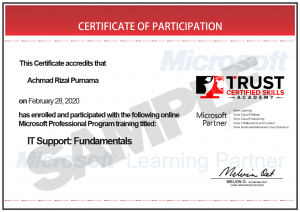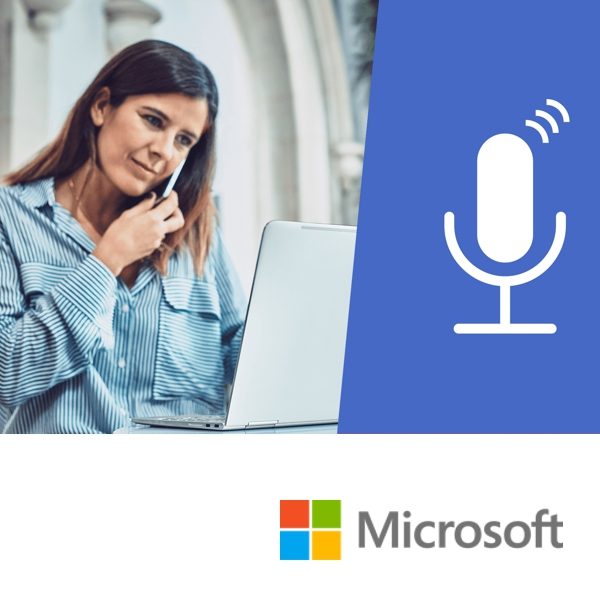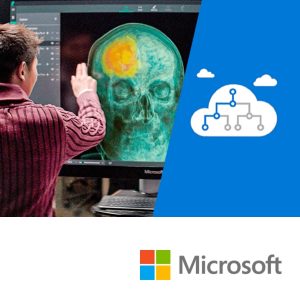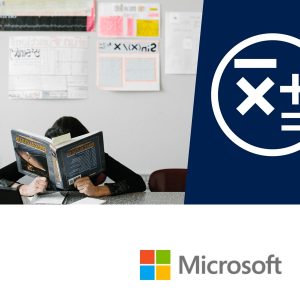Speech Recognition Systems
Rp500,000 Rp99,000
- Description
- Unit Outline
- Instructor
- Additional information
- Certificate
- Reviews (0)
Description
About this course
This course is part of the Microsoft Professional Program in Artificial Intelligence.
Developing and understanding Automatic Speech Recognition (ASR) systems is an inter-disciplinary activity, taking expertise in linguistics, computer science, mathematics, and electrical engineering.
When a human speaks a word, they cause their voice to make a time-varying pattern of sounds. These sounds are waves of pressure that propagate through the air. The sounds are captured by a sensor, such as a microphone or microphone array, and turned into a sequence of numbers representing the pressure change over time. The automatic speech recognition system converts this time-pressure signal into a time-frequency-energy signal. It has been trained on a curated set of labeled speech sounds, and labels the sounds it is presented with. These acoustic labels are combined with a model of word pronunciation and a model of word sequences, to create a textual representation of what was said.
Instead of exploring one part of this process deeply, this course is designed to give an overview of the components of a modern ASR system. In each lecture, we describe a component’s purpose and general structure. In each lab, the student creates a functioning block of the system. At the end of the course, we will have built a speech recognition system almost entirely out of Python code.
What you’ll learn
- Fundamentals of Speech Recognition
- Basic Signal Processing for Speech Recognition
- Acoustic Modeling and Labeling
- Common Algorithms for Language Modeling
- Decoding Acoustic Features into Speech
Prerequisites
- Some python experience
- Basic Machine Learning principles
- Knowledge of probability and statistics
Estimate Time : 20-24 hours
Module 1 Background and Fundamental Theory
- Fundamental Theory
- Phonetics
- Performance Metrics
- Other Considerations
- Lab
Module 2 Speech Signal Processing
- Feature Extraction
- Mel Flitering
- Log Compression
- Feature Normalization
- Lab
Module 3 Acoustic Modeling
- Markov Chains
- Problem with Markov Chains
- Hidden Markov Models
- Deep Neural Network Acoustic Models
- Training Feedforward Deep Neural Networks
- Using Sequence Based Objective Function
- Lab
Module 4 Language Modeling
- N Gram Models
- Language Model Evaluation
- Operations on Language Models
- Advance LM Topics
- Lab
Module 5 Speech Decoding
- Weighted Finite State Transducers
- WFSTs and Acceptors
- Graph Composition
- Lab
Module 6 Advance Acoustic Modeling Techniques
- Improved Objective Functions
- Sequential Objective Function
- Connectionsit Temporal Classification
- Sequence Discriminative Objective Functions
- Lab

Adrian Leven
Content Developer
Microsoft Corporation
Adrian Leven is a Content Developer at Microsoft Learning with a focus on Human-Computer Interaction. He received his B.S. In Computer Science from Stanford University.
Additional information
| Author / Publisher | Microsoft |
|---|---|
| Level | Beginner, Intermediate |
| Language | English |
Certificate

Only logged in customers who have purchased this product may leave a review.
















Reviews
There are no reviews yet.